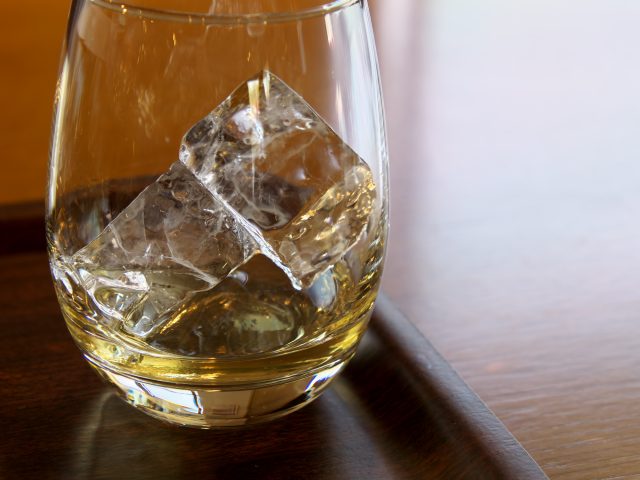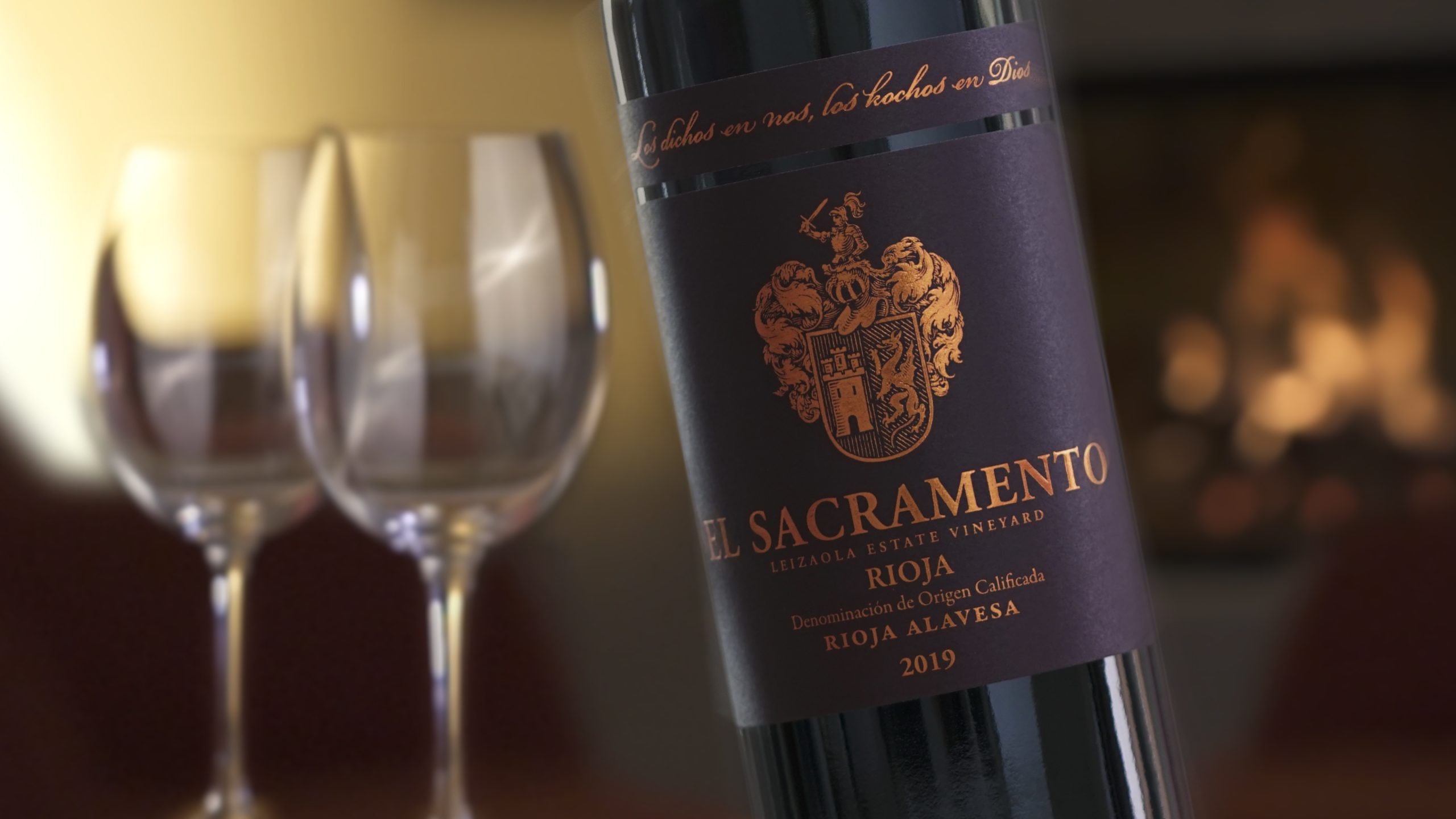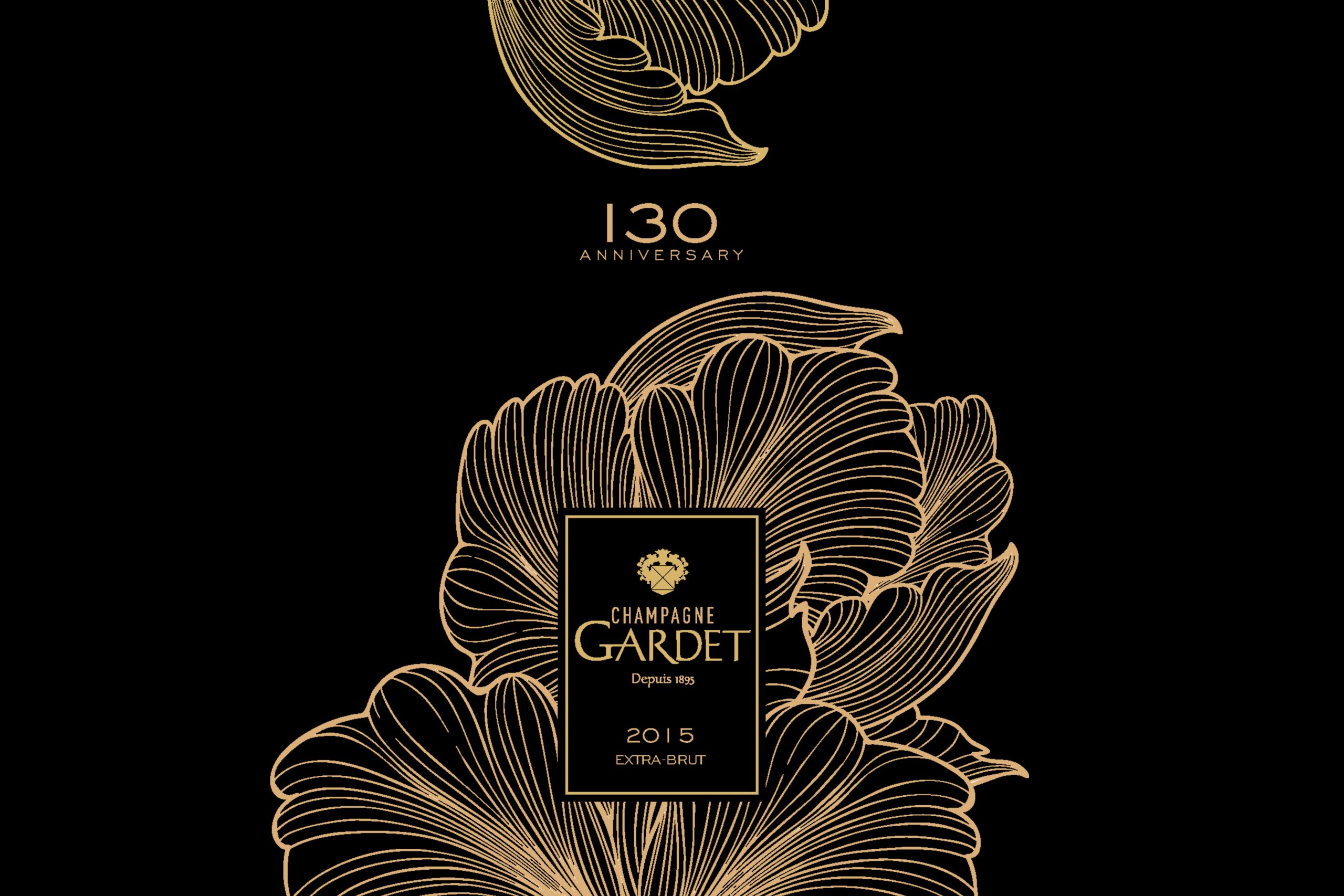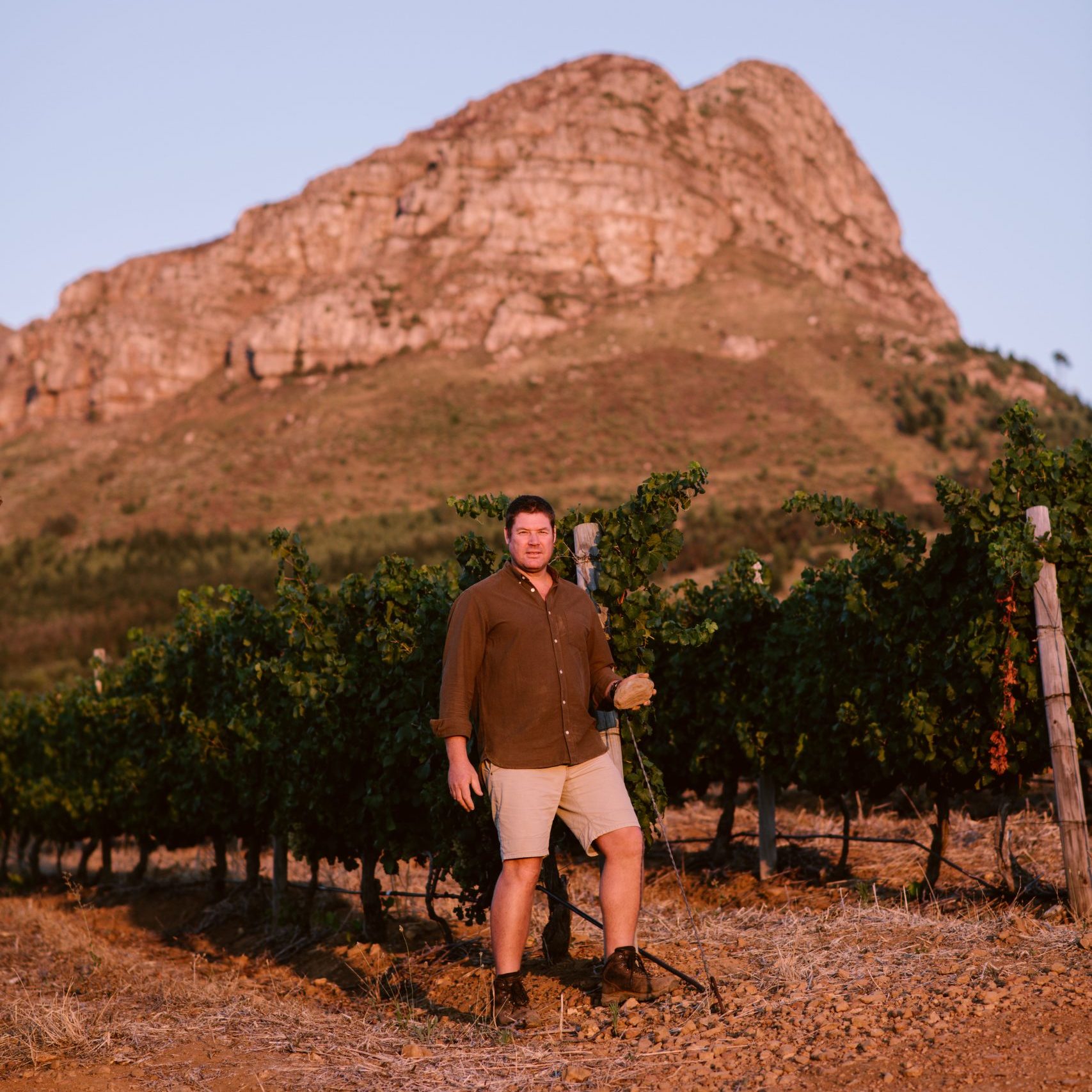Should Japanese whisky distilleries be tapping into tourism?
By Eloise FeildenWhisky ambassador Alvin Lam is keen to promote a “new tourist distillery model” to Japanese businesses looking to capitalise on the growing popularity of the country’s whisky production. Eloise Feilden reports.

Lam’s masterclass on ‘The Evolution of Japanese Spirits and the Future of the Trade’, which took place at the HKTDC’s Wine & Spirits Fair in Hong Kong this month, touched on the challenges faced by Japanese spirits makers trying to tap into whisky.
Investing in building a distillery is a major expense for brands, particularly when it takes at least three years before they can secure sales due to whisky’s extended production process. As a workaround, some brands have traditionally chosen to produce overseas while marketing themselves as Japanese, before building a Japan-based distillery further down the line.
However, that all changed in February 2021, when the Japan Spirits & Liqueurs Makers Association (JSLMA) announced a set of rules similar to those of Scotch whisky, such that Japanese whisky would have to be 100% distilled, aged and bottled in Japan.
The new regulations came fully into force in 2024, and distillers are now having to rethink their approach to the category, a growing export for Japan. The Japanese Tax Agency valuing whisky exports at ¥56 billion (£394m) in 2022.
Lam advised producers to “diversify your business model” in order to survive. Considering the three-year minimum production process for whisky, Lam suggested distilleries produce vodka and gin for the first few years — spirits which take much less time to distill.
Partner Content
But his major take is that distilleries should be cashing in on tourism and moving closer to big cities. Lim argued that while “rent in the city is expensive”, he still believes that setting up sites in urban rather than rural areas, close to bars, is the way forward. Distilleries should therefore offer a visitor centre, as well as bars, restaurants and a hotel.
Hospitality services will solve one big logistical problem for visitors, he claims. “The Japanese government is strict on drunk driving,” Lim said, so “whoever drives you to the distillery, he or she needs to sacrifice a whole day for you”.
However, “if there’s a hotel next to [the distillery], you can just park your car and enjoy the spirits with your friends together, so the driver never suffers again”.
He also believes that partnering with local on-trade businesses can bring about better exposure. “If there’s a bar next door you can introduce a new distillery-to-bar concept,” he explained.
Some distilleries are already tapping in to the power of tourism, though not at their own sites, with Nikka whisky partnering with a Billionaire-owned ski resort in Niseko.
Related news
Buffalo Trace Distillery grapples with historic flooding




